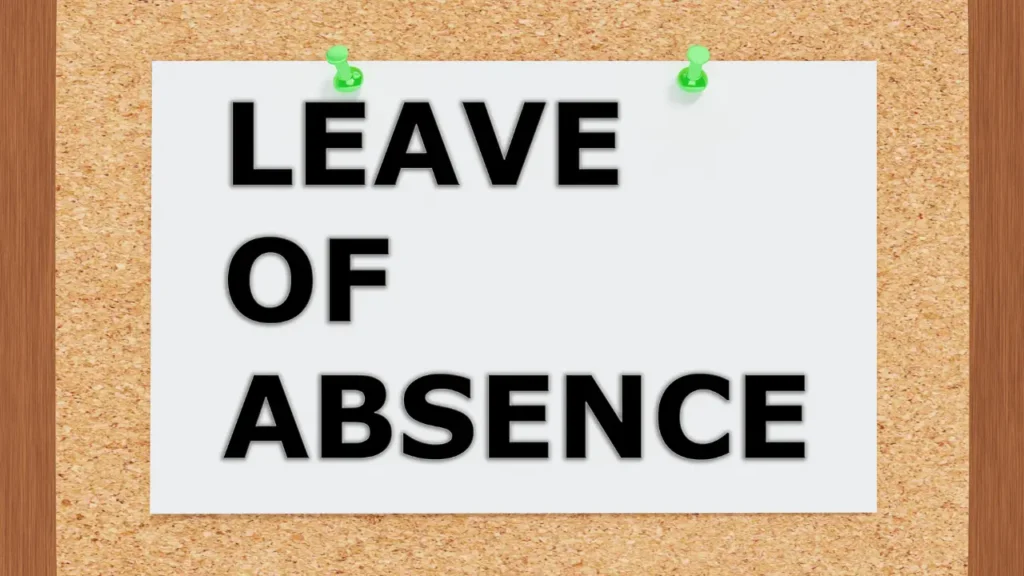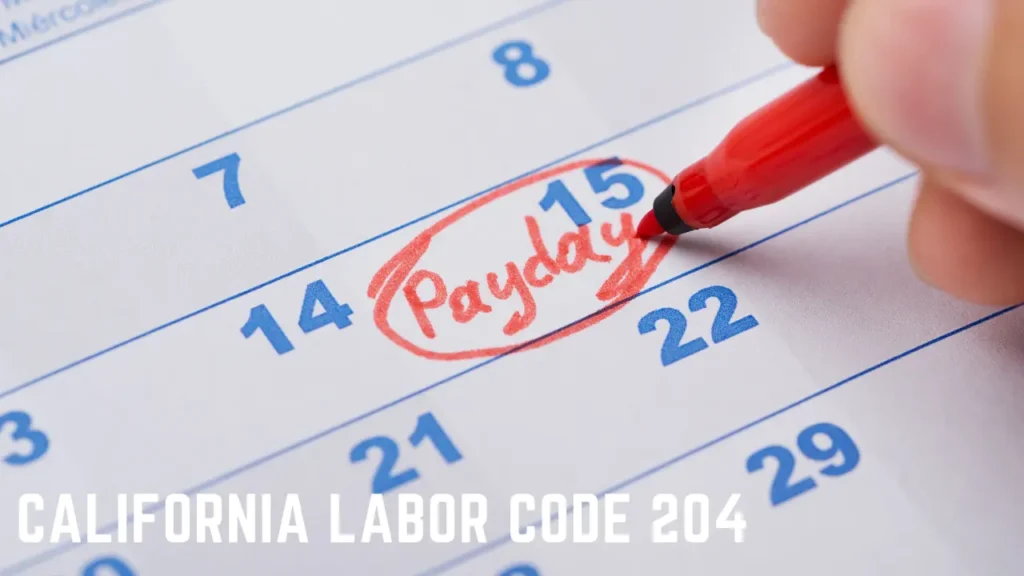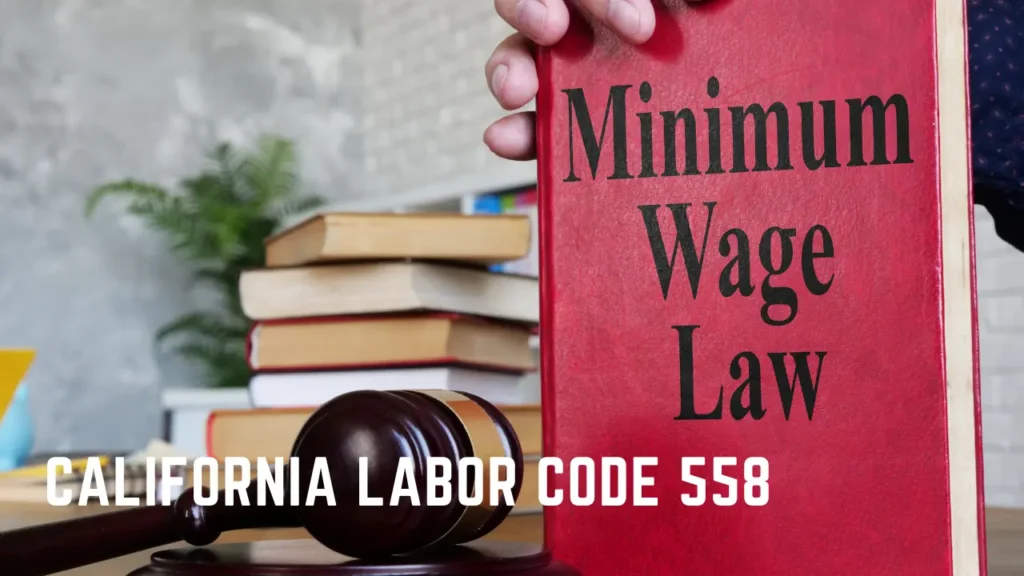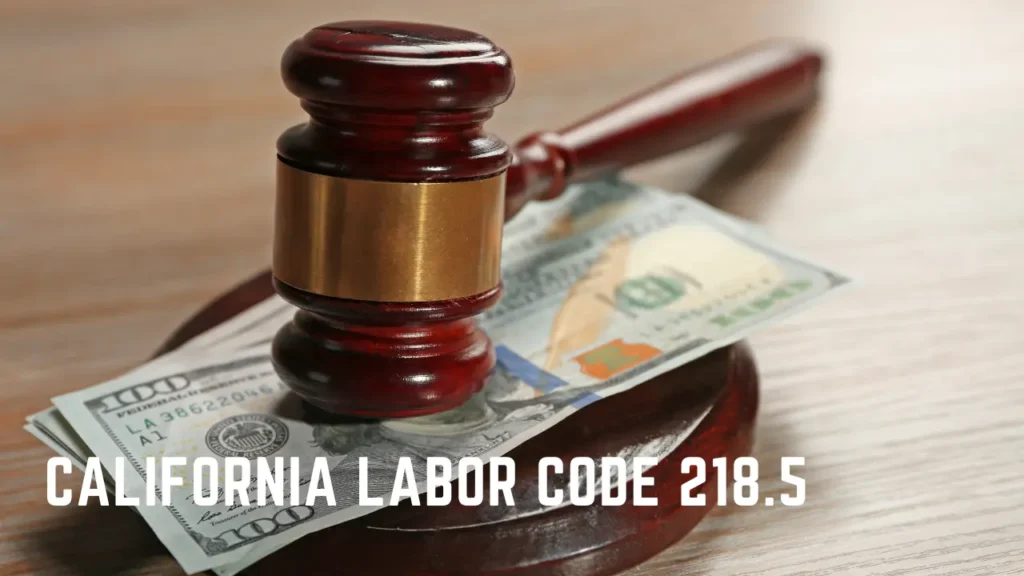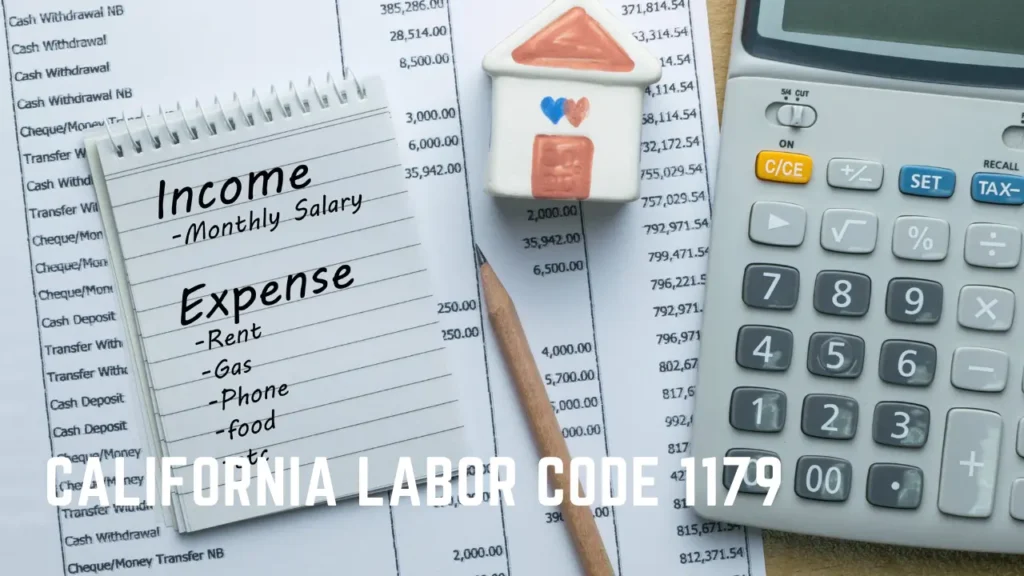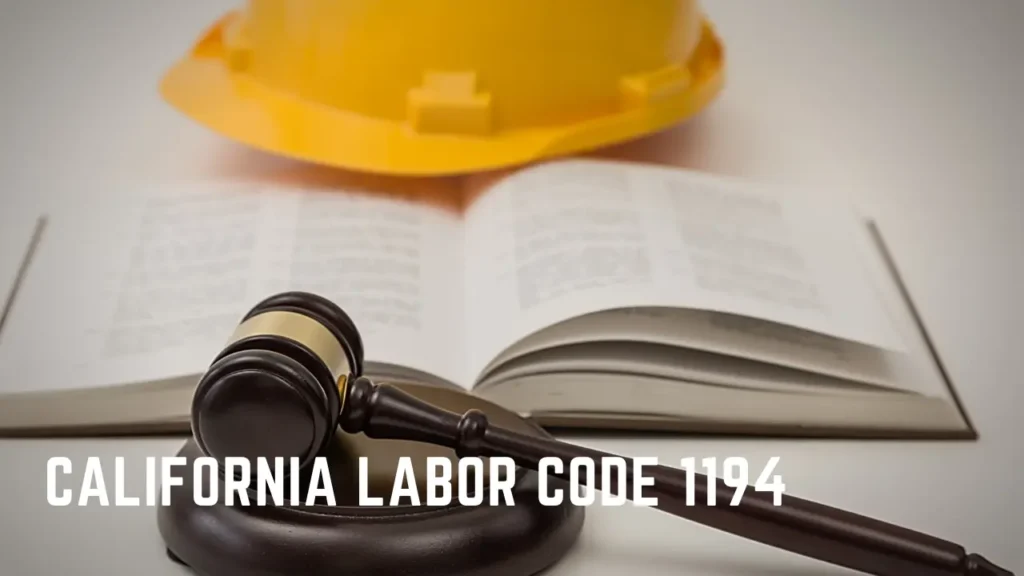Table of Contents
ToggleOverview of Discrimination at the workplace:
Discrimination at the workplace refers to any unequal treatment of employees based on personal characteristics such as race, gender, religion, age, or sexual orientation. It can take many forms, including harassment, unequal pay, denial of promotions or opportunities for advancement, and unequal terms and conditions of employment. Discrimination in the workplace is illegal in many countries and can have serious consequences for both the individuals affected and the company as a whole. To prevent discrimination, employers must establish and enforce anti-discrimination policies and provide equal opportunities for all employees, regardless of their personal characteristics. It is also important for employees to understand their rights and to speak out if they believe they have been the victims of workplace discrimination.
Types and Examples of Discrimination at the workplace:
Discrimination in the workplace can take many forms, including:
- Race discrimination: Treating employees differently based on their race or ethnicity, such as denying promotions or equal pay to minority employees. Example: An African American employee who is equally qualified as a white employee for a promotion is passed over for the promotion in favor of the white employee.
- Gender discrimination: Treating employees differently based on their gender, such as denying women equal pay or promotions because of their gender. Example: A female employee who is paid less than her male colleagues for doing the same job, or is passed over for promotions that are given to male employees.
- Age discrimination: Treating employees differently based on their age, such as denying job opportunities or promotions to older workers. Example: An experienced 60-year-old employee who is not considered for a promotion in favor of a younger, less experienced employee.
- Religious discrimination: Treating employees differently based on their religious beliefs, such as denying job opportunities or promotions to employees because of their religious beliefs. Example: An employee who is not hired for a job because he is a Muslim or is denied a promotion because of his religious beliefs.
- Sexual orientation discrimination: Treating employees differently based on their sexual orientation, such as denying job opportunities or promotions to employees because of their sexual orientation. Example: A gay employee who is not hired for a job or is passed over for a promotion because of their sexual orientation.
- Disability discrimination: Treating employees differently based on their disabilities, such as denying job opportunities or promotions to employees with disabilities. Example: A disabled employee who is not hired for a job or is passed over for a promotion because of their disability.
What you should do?
If you believe you have been the victim of workplace discrimination, there are several steps you can take:
- Document the incidents: Keep records of instances of discrimination, including dates, places, what was said or done, and the names of any witnesses.
- Report the discrimination: Report the incidents to your supervisor or human resources department. If your employer has a complaint procedure, follow it.
- File a complaint with the appropriate government agency: In many countries, there are government agencies that enforce anti-discrimination laws, such as the Equal Employment Opportunity Commission (EEOC) in the United States. You can file a complaint with these agencies if you believe your rights have been violated.
- Consider hiring a lawyer: If you believe your rights have been violated and your employer has not taken action to rectify the situation, you may want to consider hiring a lawyer to help you.
- Speak out: If you feel comfortable doing so, talk to your colleagues about what happened and encourage them to support you.
It is important to remember that you have rights, and it is important to stand up for them if you believe you have been the victim of discrimination in the workplace.
When to contact an attorney?
You may want to contact an attorney if:
- Your employer has not taken action to address the discrimination: If you have reported the discrimination to your employer and they have not taken any action to resolve the situation, an attorney can help you understand your rights and determine your next steps.
- Your employer’s response was inadequate: If your employer has responded to your complaint, but you believe their response was inadequate, an attorney can help you determine your next steps.
- You want to file a lawsuit: If you believe that your rights have been violated and you would like to take legal action, an attorney can help you understand the process of filing a lawsuit and represent you in court.
- You have questions about the law: If you have questions about anti-discrimination laws and your rights, an attorney can provide you with guidance and help you understand your options.
It is important to remember that there are time limits for filing a complaint or a lawsuit, so it is important to seek legal advice as soon as possible if you believe you have been the victim of workplace discrimination.
If you believe you have been the victim of workplace discrimination and are considering taking legal action, Jonny Law can help. With years of experience representing clients in discrimination cases, Jonny Law has the knowledge and expertise to help you navigate the legal system and fight for your rights. Jonny Law is dedicated to helping employees who have been the victims of discrimination and will work tirelessly to ensure that you receive the justice you deserve. Don’t let workplace discrimination go unchallenged. Contact Jonny Law today to schedule a consultation and learn more about your options.



